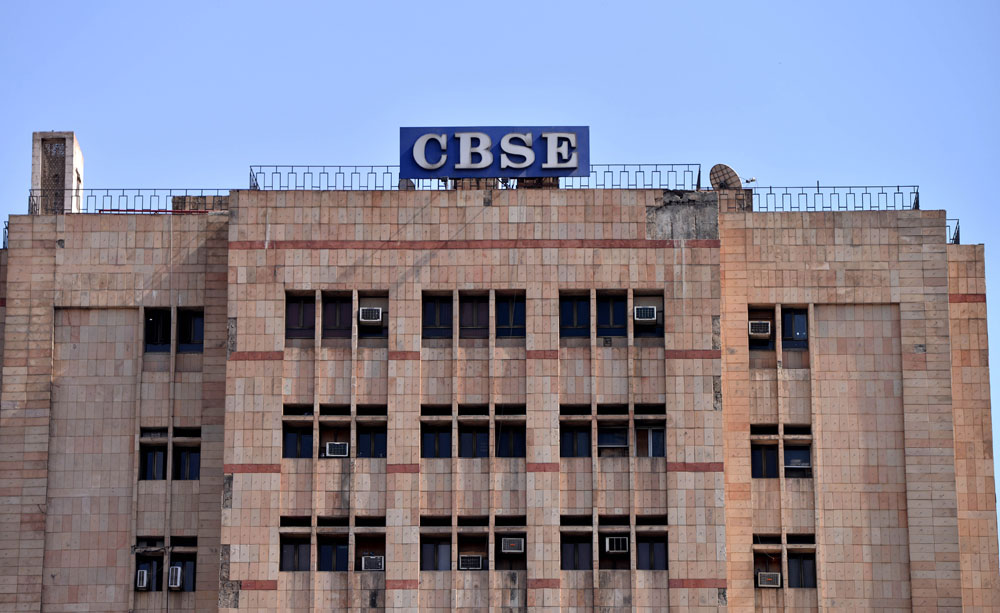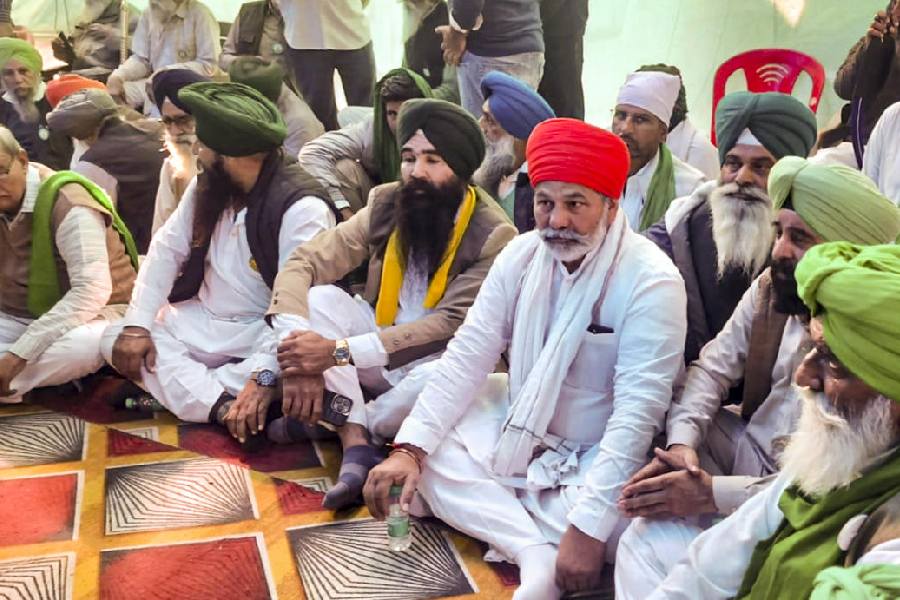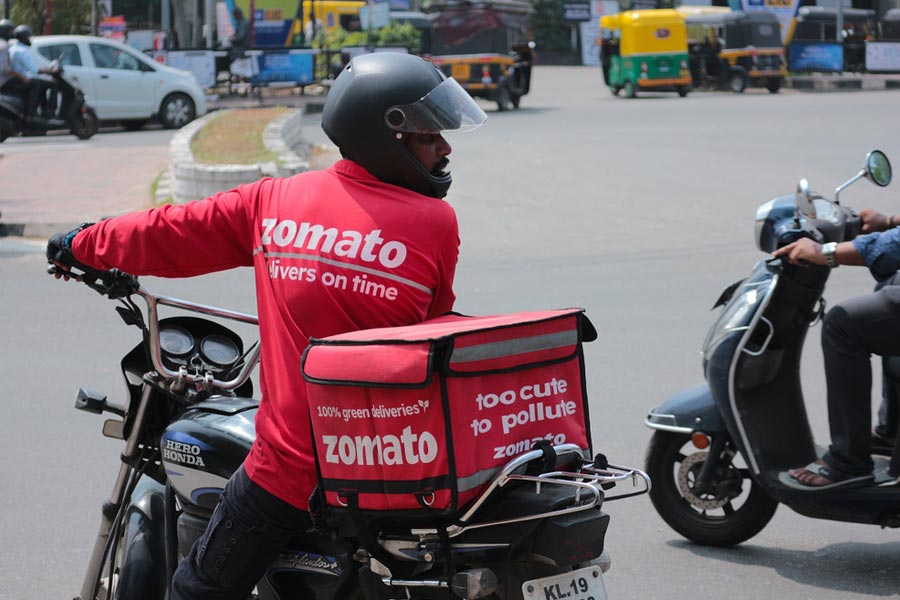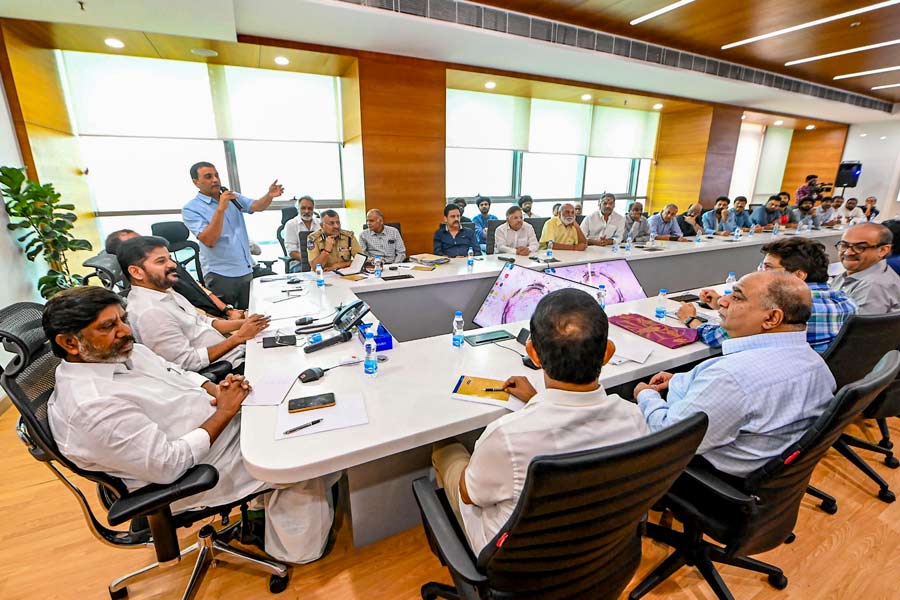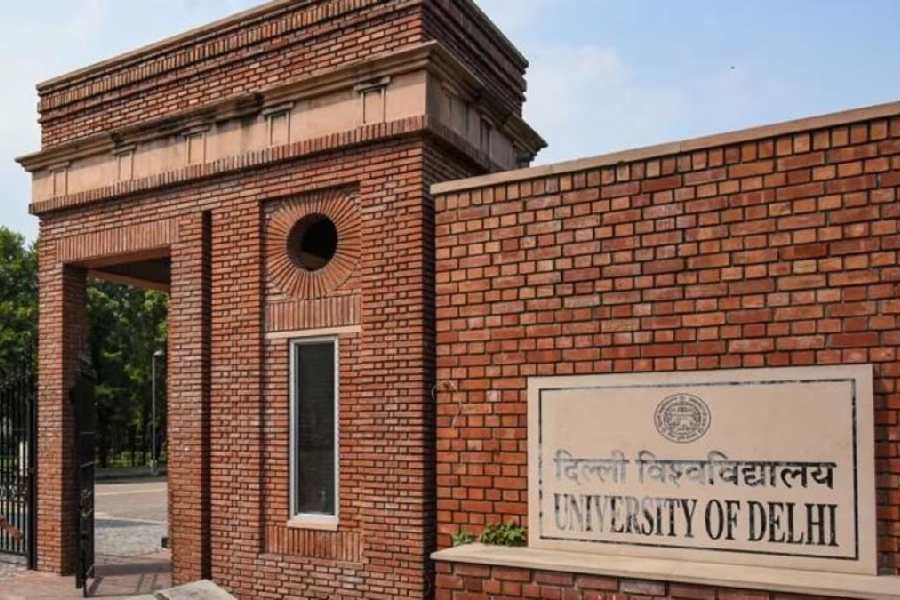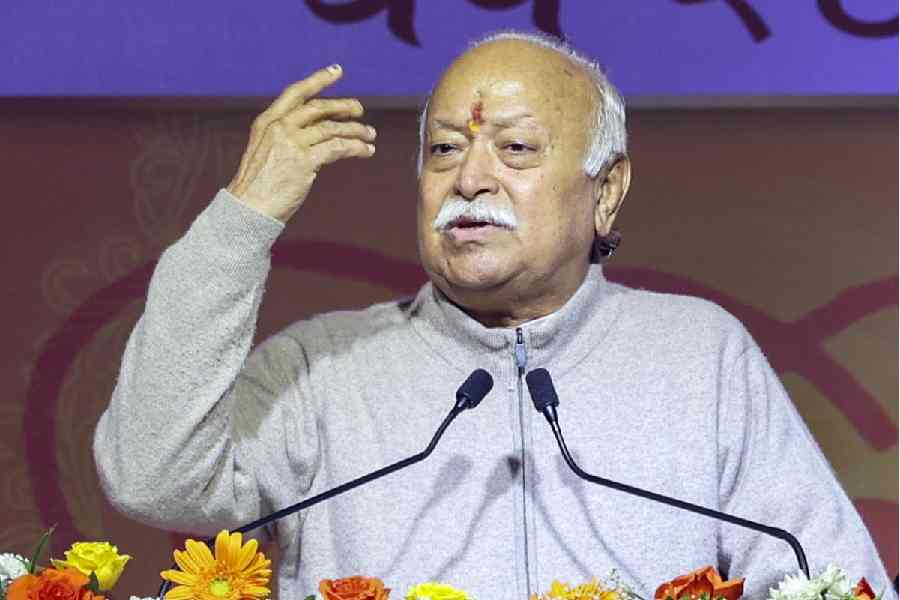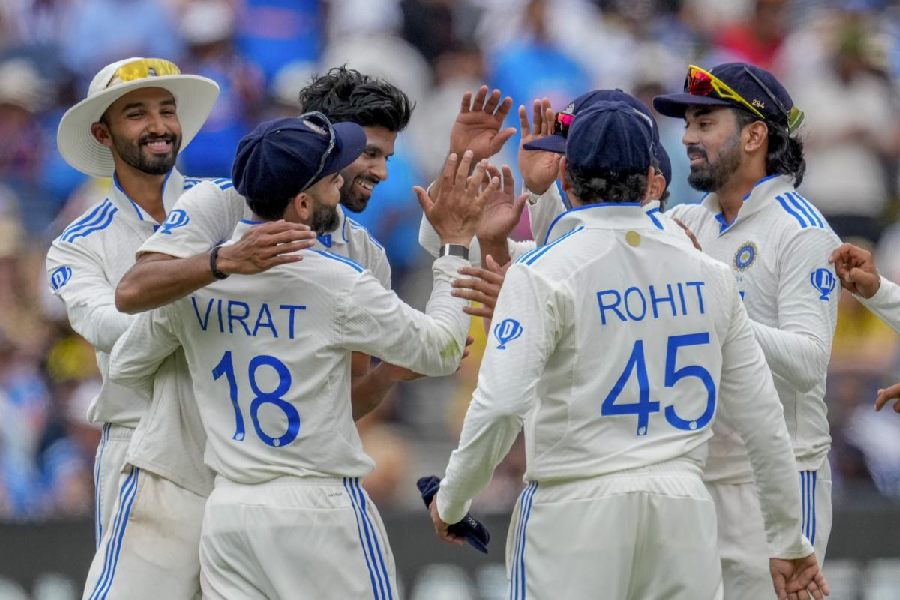The Central Board of Secondary Education has doubled the fees that students now registering for Class X and Class XII board exams next year have to pay.
The board said the hike had become necessary because the surplus income it earned had dipped as it no longer conducted several competitive exams that it used to till recently.
According to the new fee structure for registration — which began last week — Class X and Class XII students who would appear for board exams in 2020 have to pay Rs 1,500 — double the Rs 750 they paid last year. This does not include late fees.
The registration fees that students abroad need to pay have been doubled too — from Rs 5,000 to Rs 10,000 — as has the fee for appearing for any extra paper.
The hike is more than three times for Scheduled Caste and Scheduled Tribe students but the government in Delhi has said it would bear the entire amount for students of government schools affiliated to the board. The revised fee for these students is Rs 1,200, up from Rs 350 last year.
The CBSE’s controller of examination, Sanyam Bhardwaj, told The Telegraph the Delhi government has always subsidised the fees of these students.
Delhi education minister Manish Sisodia has announced that the government would bear the entire amount of Rs 1,200 for students of Delhi government schools from the state exchequer.
“In the case of SC/ST students of Delhi, they will pay us the Rs 1,200 each. The Delhi government will reimburse their fees,” Bhardwaj said.
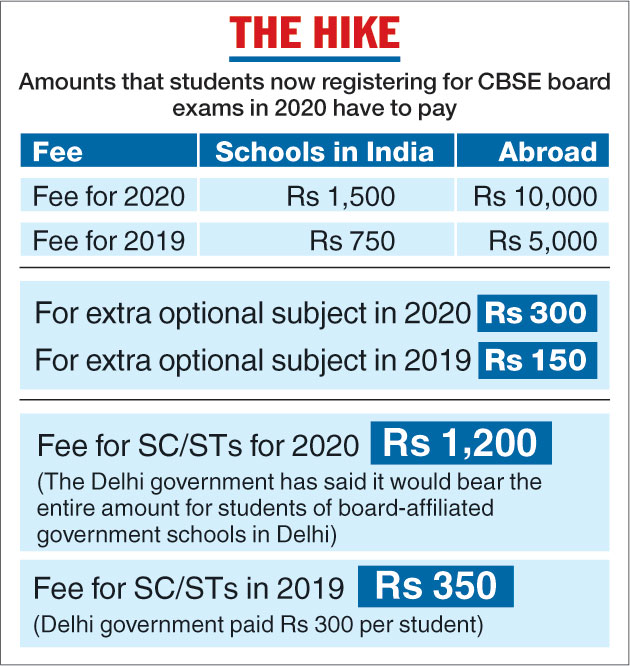
Last year, the Delhi government had paid Rs 300 of the Rs 350 fee for SC/ST students.
The government of India bears the entire fees of SC/ST students in CBSE-affiliated Kendriya Vidyalaya schools across the country.
The hike has upset many parents, who said it was unprecedented. “A fee hike of 10 per cent to 20 per cent may be justified. But the board has doubled the fee. Inflation is not 100 per cent,” said a parent of a private school student.
A school principal said parents were complaining about the hike. “Parents think the schools have increased the fee. We are asking them to lodge complaints with the CBSE,” the principal said.
Bhardwaj said the board conducted several competitive exams till last year, such as the Joint Entrance Examination-Main, the National Eligibility-cum-Entrance Test for undergraduate medical courses, and the National Eligibility Test for assistant professorship. The board made a surplus of a few hundred crore rupees which, he said, was used to cross-subsidise fees.
“All these examinations have been shifted to the newly created National Testing Agency from this year. As a result, there is no surplus. The CBSE does not get government funds, so we had to increase the fee,” Bhardwaj said.
Despite the increase, the revised fees were lower than those of several other boards, he added, but didn’t cite any comparative figures.
Bhardwaj said the board had reduced the time for evaluation and announcement of results from about 50 to 28 days in 2019 and was hiring more evaluators.
“The expenses for conducting the test have increased too. There had been no increase in fees for over five years.”

